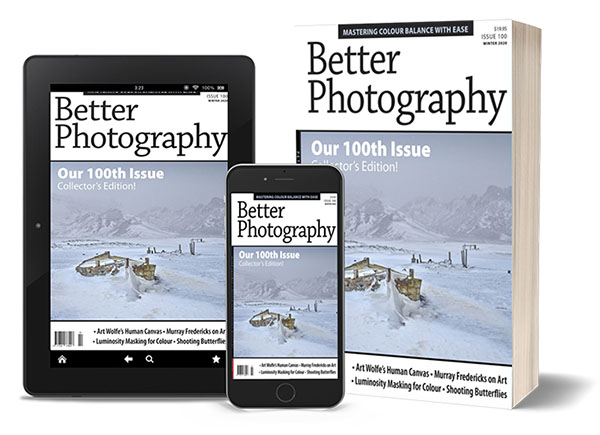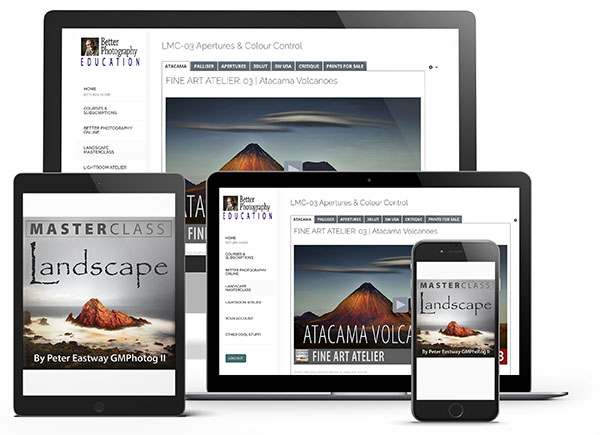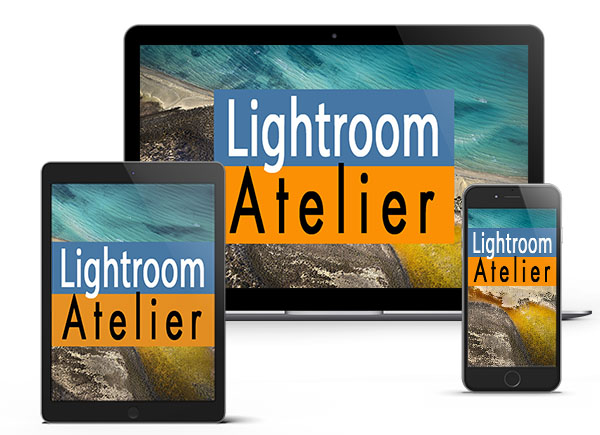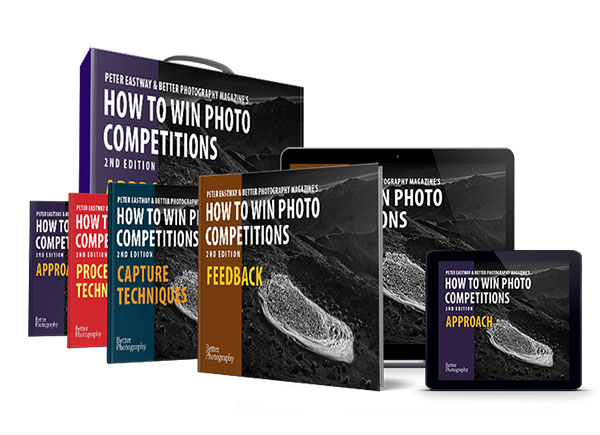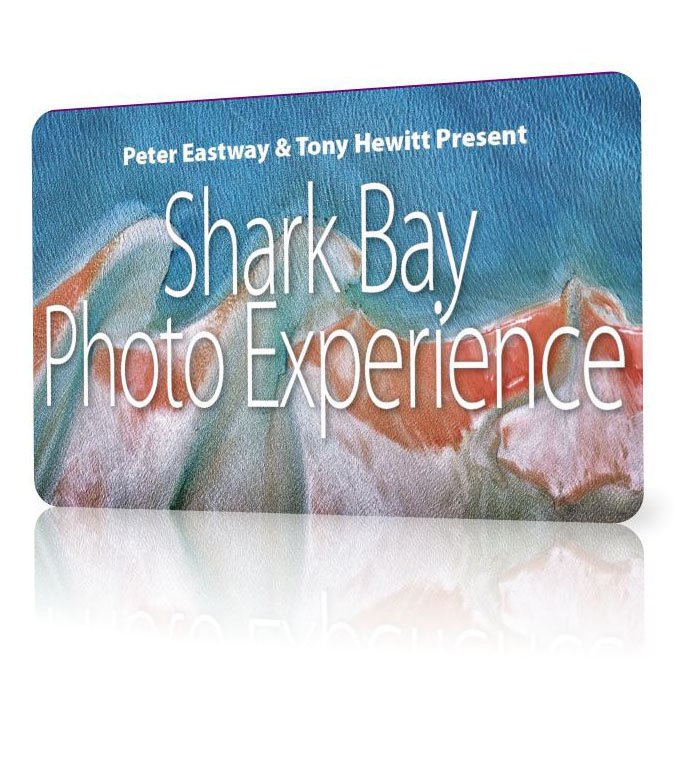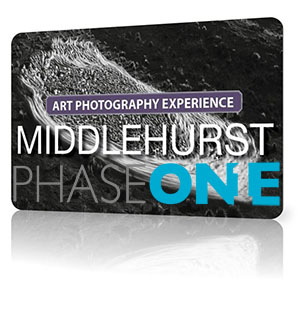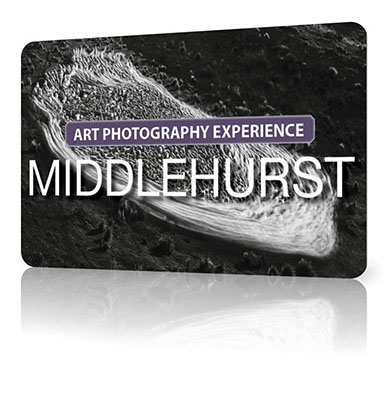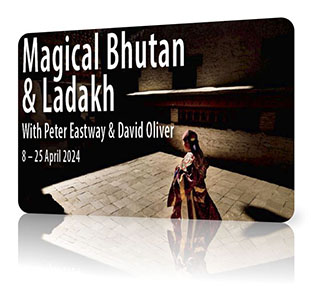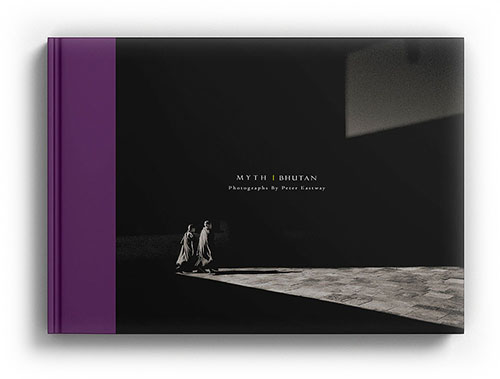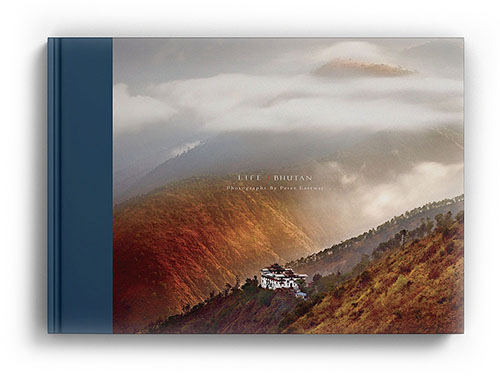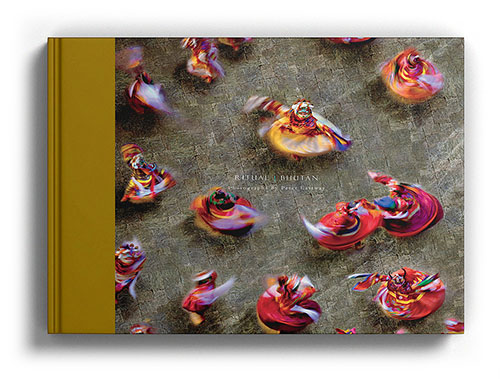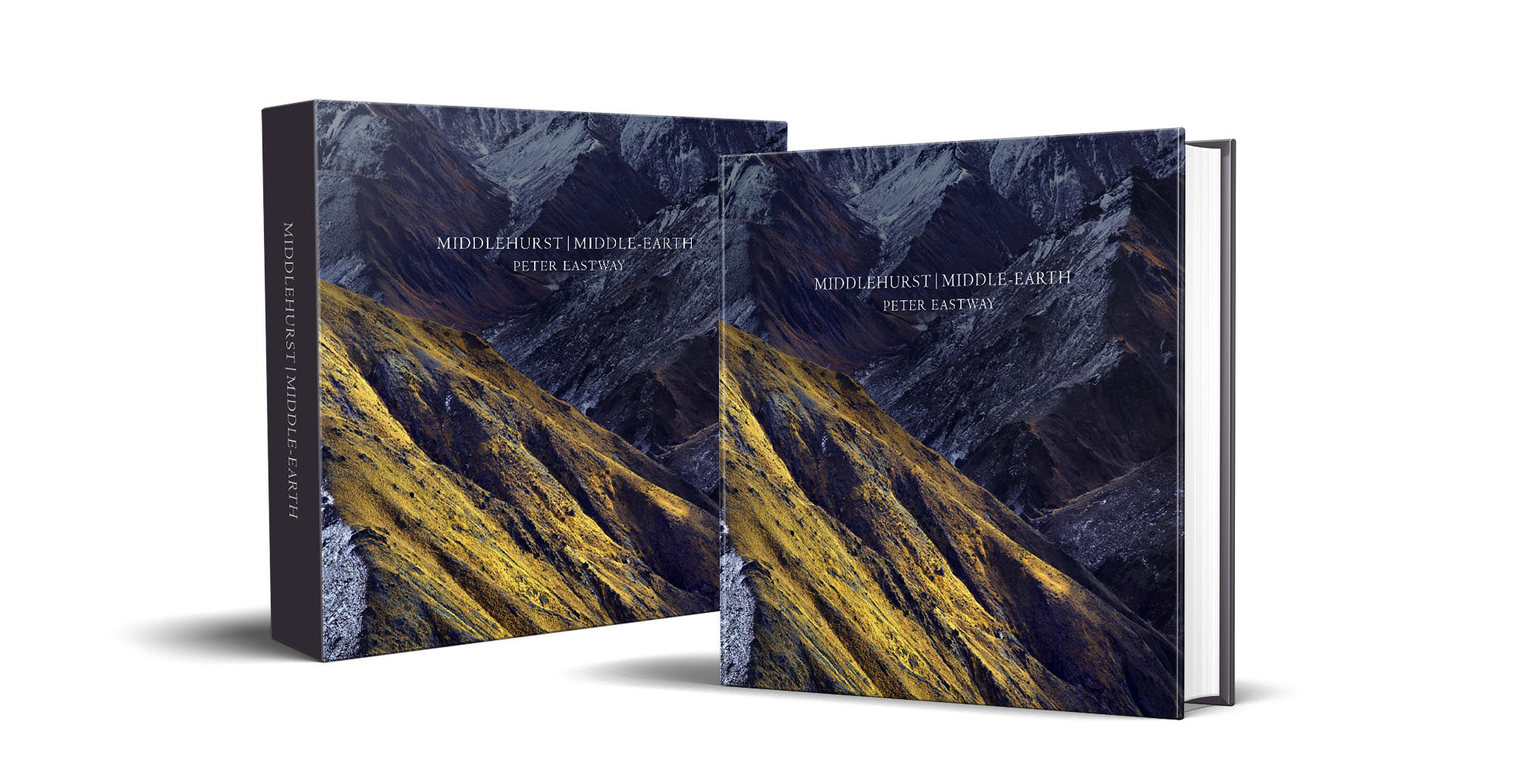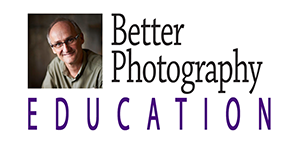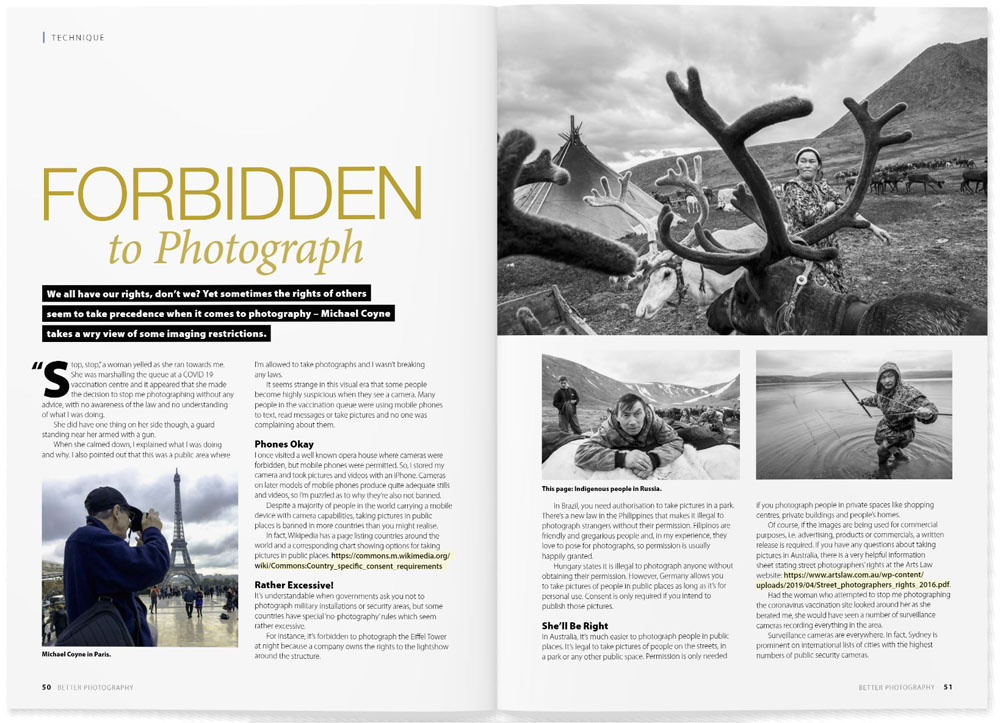Michael Coyne begins his article with a personal experience in Melbourne...
"'Stop, stop,' a woman yelled as she ran towards me. She was marshalling the queue at a COVID 19 vaccination centre and it appeared that she made the decision to stop me photographing without any advice, with no awareness of the law and no understanding of what I was doing.
"She did have one thing on her side though, a guard standing near her armed with a gun. When she calmed down, I explained what I was doing and why. I also pointed out that this was a public area where I’m allowed to take photographs and I wasn’t breaking any laws.
"It seems strange in this visual era that some people become highly suspicious when they see a camera. Many people in the vaccination queue were using mobile phones to text, read messages or take pictures and no one was complaining about them.
"I once visited a well known opera house where cameras were forbidden, but mobile phones were permitted. So, I stored my camera and took pictures and videos with an iPhone. Cameras on later models of mobile phones produce quite adequate stills and videos, so I’m puzzled as to why they’re also not banned. Despite a majority of people in the world carrying a mobile device with camera capabilities, taking pictures in public places is banned in more countries than you might realise."
So, how does Michael handle situations where people might forbid photography, but aren't themselves really following the law? Read all about it in the current issue of Better Photography (Issue 105). Click on the link below to subscribe - plus you get immediate access to 50 back issues full of informative material and inspirational ideas! Use coupon code BP40 to get 40% off - just $29.88 for an annual subscription.

